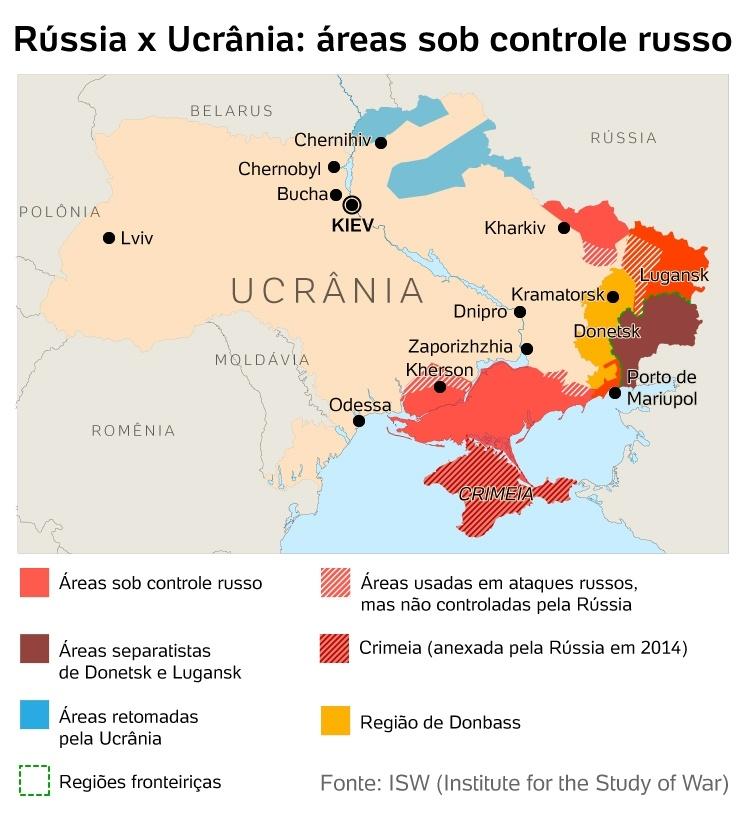Ukrainian officials said on Friday that “about 500 civilians” had been evacuated, surrounded and bombed by Russian troops, from the southeastern Ukrainian city of Mariupol in recent days. Evacuation of residents hiding at the Azovstal steelworks continues, and a new humanitarian convoy is planned to remove another 200 people from the area.
“We have managed to evacuate about 500 civilians” since the beginning of this “difficult” operation organized by the UN, Andriï Iermak, the chief of staff of the Ukrainian presidency, said in a telegraph message. “Ukraine will continue to do everything to save civilians and soldiers,” he said, held in Azovstal.
Evacuation operations under UN protection and backed by the ICRC (International Committee of the Red Cross) began last weekend and should continue at the massive steelworks this Friday. The country’s deputy prime minister, Iryna Vereshchuk, said it was the last pocket of Ukrainian resistance in the city, which is home to a strategic port south of Donbass.
Hundreds of soldiers, most of them wounded, and about 200 resident civilians still await departure. However, there is no guarantee of a ceasefire in war. “Today we focus on Azovstal,” said Vereshchuk. The operation starts now. We pray for his success.”
Despite this uncertainty, the new humanitarian convoy was announced on Thursday (5) by UN Under-Secretary-General for Humanitarian Affairs Martin Griffiths. A martyr city, Mariupol became one of the symbols of the Russian occupation that began on February 24.
Information about the current situation at the Mariupol steelworks, where civilians and fighters live secretly in huge underground galleries, remained contradictory.
witness report
Only those with the experience of hiding for two months in the basement of a large steel mill can describe this drama. Such is the case with Valentina, 72, who finally arrived safely in Zaporizhia. spoke to reporter RFI Having a haircut in her hotel’s beauty parlor, it’s a welcome respite after living as a refugee after Russian troops completely devastated her home with bombs.
“I know this factory has worked there for 40 years. We were greeted very warmly when we arrived at the entrance. The first bunker was overcrowded and we were taken to a second underground bunker. We spent 2 months there,” he says.
“When we arrived on March 6, there were 100 people, but then those with a car were able to get out, but because we did not have transportation, my daughter, grandson and I had to wait,” she says.
Valentina spent a lot of time lying down and says the bunker shook with every shot. Ukrainian soldiers came to the aid of civilians several times. “They came to bring us food and some information. But all over the factory, in the canteens, it was our men who went to get water or food, but it was very dangerous, they were under fire,” he recalls.

Last week, 71 people in the same bunker were finally evacuated. “If you could see how we were evacuated. The bus had no doors, no windows. The road was covered with rubble, metal, plastic, glass. We had to hold on to the handles to avoid being thrown out of the window or the door,” he says.
Valentina only learned of the death of her 22-year-old granddaughter, who was killed in a bombing in March, when she arrived in Zaporizhia. She does not know where the young man’s body was buried.
With information from AFP and RFI
source: Noticias